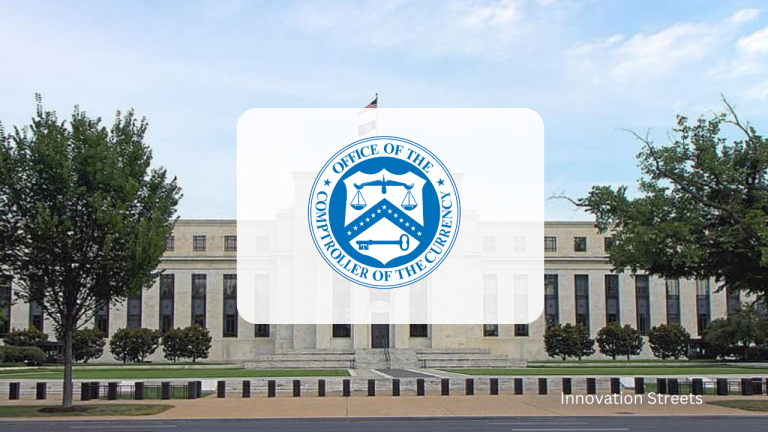In its latest Semiannual Risk Perspective for Fall 2023, the U.S. Office of the Comptroller of the Currency (OCC) sounds an alarm about the formidable challenges accompanying the relentless ascent of artificial intelligence (AI) in financial services. The report categorizes AI’s engagement with the banking sector as an “emerging risk,” stressing that while the widespread adoption of AI promises benefits such as cost reduction, improved services, and heightened efficiencies, it also brings forth potential pitfalls in compliance, credit, reputation, and operations.
The OCC emphasizes the importance of banks managing AI use in a manner aligned with safety, soundness, and fairness. The report delves into the prevailing market, operational, credit, and compliance risks faced by regulated financial institutions, attributing the uptick in credit risks to factors such as increased interest rates, expanded exposure in commercial real estate lending, prolonged inflation, declining corporate profitability, and the specter of slower economic growth.
The OCC underscores that despite these challenges, the overall strength of the federal banking system remains sound, urging banks to uphold prudent risk management practices across all risk areas. To download the report click here.
The OCC highlighted credit, market, operational, and compliance risks, as the key risk themes in the report. Highlights from the report include:
- Credit risk is increasing due to higher interest rates, increasing risk in commercial real estate lending, prolonged inflation, declining corporate profitability, and potential for slower economic growth. Key performance indicators are beginning to show signs of borrower stress across asset classes.
- Rising deposit rates, broader market liquidity contraction, and increased reliance on wholesale funding started to impact net interest margins through the first half of 2023. Competition for deposits and higher interest rates are raising deposit rates. Deposit and liquid asset trends stabilized in the latter half of 2023, but these levels were supported by increased reliance on wholesale funding. Increases in interest rates are negatively impacting investment portfolio values.
- Operational risk is elevated. Cyber threats continue. Banks continue to leverage new technology to further digitalization efforts, offering innovative products and services to meet customer demands. Increasing digitalization efforts can also heighten risk of fraud and error, including fraud targeting peer-to-peer and other faster payment platforms.
- Compliance risk remains elevated. This is due to the heightened focus on ensuring equal access to credit and fair treatment of consumers, the expanded use of innovative technologies for product and service delivery, and expanded partnerships with third parties, such as financial technology firms, and increases in Bank Secrecy Act/Anti-Money Laundering risk.
To know more about other trending usecases in the US financial services industry, like Generative AI, Open Banking, Buy Now Pay Later (BNPL), explore our other insights.
—————————————————————————————————
About Innovation Streets:
Welcome to InnovationStreets.com! Get the latest insights from the finance and technology industries. Discover industry updates on Fintech Innovations, Regulatory Developments, Industry Insights, Events, and Banks/Insurance partnerships with fintechs. A platform for C-level executives to submit Thought Leadership content for their peers. Subscribe for updates!



